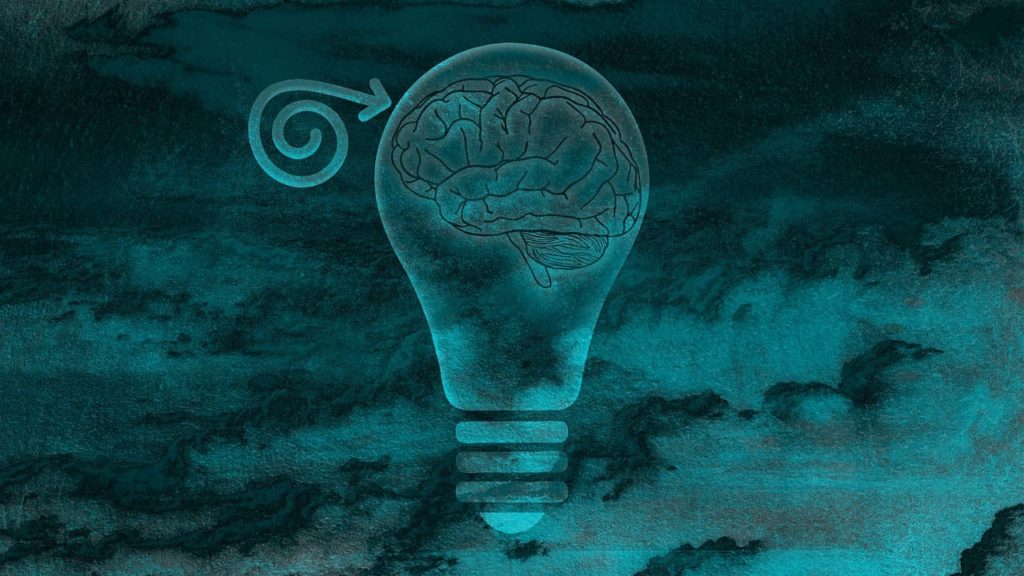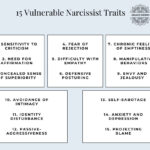Hypnosis vs Meditation
What’s the difference between hypnosis and meditation?
Meditation and hypnosis are both cognitive intervention techniques used to tap tap into the subconscious mind. However, there is some confusion about both techniques as many people do not know the difference between the two.
Both disciplines are highly beneficial and induce deeply relaxing and calming states of mind. With meditation and hypnosis, you enter into an altered state of consciousness which can help change behavioral patterns, induce self-healing, and treat a variety of conditions such as anxiety, stress, depression, chronic pain, and insomnia.
The practices seem quite similar as they both can lead to similar results by changing the neuroplasticity of the brain as explained by neuroscientist Dr. Joe Dispenza. Research has shown that it is possible to rewire and evolve our brain to improve our physical, mental, emotional and spiritual well-being.
By using meditation or hypnosis, we can dissolve our negative thoughts and unhealthy behaviors by teaching ourselves new positive thoughts, emotions and healthy habits. However, there are significant differences between the two, and which method you choose depends on your preference.
So let’s explore these two disciplines so you can have a better understanding of the practices and their benefits.
Related: Is Meditation A Sin? Meditation & Christianity

What is Hypnosis?
Many people are still skeptical about the benefits of hypnosis and question whether this technique is actually legitimate. This is due to several people claiming to be trained hypnotists when in reality they are a scam trying to make some money off of people.
However, scientists have been studying the effects of hypnosis by MRI scans, and they are able to observe when a person’s brain is activated under hypnosis due to changes in brainwave activity. The brain is an electrochemical organ emanating electrical activity in the form of brainwaves with four different types of frequencies; Beta, Alpha, Theta, Delta. These four different frequencies correlate to different states of consciousness.
Hypnosis can also be used to overcome certain phobias and addictions. The number of sessions required varies depending on the person as not everyone is equally hypnotizable. You can choose whether you want to visit a professional hypnotherapist, or you can also try self-hypnosis which is quite similar to guided meditations.

What is meditation?
Meditation is an ancient practice that emerged from India several thousands of years ago. It is well known within Buddhist communities but it also practiced within several other religions. This technique is used to still the mind and silence the mental clutter which is responsible for most of our fears and negative thoughts.
It has been proven by scientists as a good technique to manage anxiety, stress and negative thoughts. Meditation cultivates an increased state of mental awareness and concentration.
Researchers found that a set of simple exercises practiced in meditation like focusing on our breath, or repeating a mantra are effective psychotherapeutic techniques. Practicing meditation creates space between our thoughts which allows us to detach from our thought processes and enter into a state of stillness.
Meditation helps us realize that there are many things in life we cannot control, but we have the power to control our own states of being. As you learn how to let go of your thoughts and fears, you learn how to surrender to the present moment, and become more comfortable with the unknown. Instead of feeling fearful, you activate your inner power and allow your inner intelligence to unfold.

What happens during hypnosis?
There is a misconception between hypnosis and sleep, but the two mental states are not the same. A person who is hypnotized is aware of his surroundings and alert at all times. When the brain enters the hypnotic state, you can tune out from the external stimuli of your surroundings, and focus your attention within.
During hypnosis, people become very relaxed and enter into a trance-like state where their minds become more open to transformative messages to change their behavioural patterns and negative thoughts. Just like meditation, hypnosis helps to let go of our fears, worries and doubts which interfere with our actions.
When you enter into a hypnotic state, everything you experience seems somewhat real to you. A professional hypnotherapist guides his patients during sessions to understand why or what is making them feel in a certain way. Once the hypnotist understands the underlying cause of the issue, he can change the script in their subconscious mind. That way people can face their fears, tackle their sadness and overcome their inhibitions.

What happens when you meditate?
There are several types of meditation techniques. During meditation, you focus on either your breath flow, observing the natural rhythm of your breathing, or a mantra which is a repeated word or phrase which you find calming. The objective is to focus on that instead of engaging in distracting thoughts.
The principle behind meditation is to detach from your thoughts, so you have more control over your thought processes and emotions. As you detach from your thoughts, you become the observer of your thoughts, just like watching a movie on a screen.
Meditation calms the mind as your brainwaves go down to Delta brainwave frequency.
When we are functioning at an awakened state, our brains emanate Beta brainwave frequencies, where the brain uses its 5 senses to interact with the environment. Our attention is completely focused on our external world.
As you sit down in a quiet place and close your eyes, you are disconnecting from the outer world and focusing your attention on your inner world. The neocortex, which is the part of the brain responsible for cognitive functioning, slows down to Alpha which is our imaginary world.
If you manage to enter into a deep relaxed state and allow your body to sleep, while your mind stays awake, your brainwaves go down to Theta. Studies have been carried out on people in long meditation, and MRI scans have shown a huge burst in Theta brainwaves. So it’s like they are in a dreaming state but their mind is awake.
Your brainwaves can go down to Delta which is the state we enter during sleep. During their observation, scientists found that the brain can go down to Gamma brainwaves which is a state of super consciousness. So your brain starts processing a greater stream of consciousness and enters into a heightened state.
Meditation can lead to spiritual awakening, an experience that changes your entire life.
When you are connected to super consciousness, to source, you connect with intelligent love, and fragments of your brain that were divided begin to work together and synchronize. As a result, people who practice meditation report that they start to feel whole, strengthen their faith in their intuition, and start trusting the universe. Their brain starts functioning in a holistic state.
By lowering our breathing and heart rates, and reaching a relaxed state, meditation can help us transition through these different types of brainwaves. With practice, you can reach the fourth brain wave, and some might also reach the fifth with enough practice. Just like any other skill, consistency is key to mastering this practice.

Differences and similarities between hypnosis and meditation
You might ask ‘is meditation a form of hypnosis’? Both disciplines are similar. However, the main difference between meditation and hypnosis is that during hypnosis you focus on a specific subject or situation to address an issue.
Meditation can also be used to resolve certain issues, but the basic principle of meditation is to bring the mind to a state of stillness.
Both techniques help you calm your mind and overcome various problems, and both are beneficial for your general well-being. Hypnosis by a trained professional can help you treat different medical conditions and meditation can help you transform yourself and become a better person.
Similarities:
- Enter into a different state of consciousness
- Provide therapeutic benefits
- Improve your general well-being
- Calm the mind
- Change behavioural patterns
Differences:
- Meditation focuses on stillness
- Hypnosis focuses on something specific

Should I try self hypnosis or meditation?
Self hypnosis and guided meditations are quite similar. Self hypnosis is different from a professional hypnotherapy session, and shares many of the same characteristics with guided meditations.
There are many audios or apps available online as guided meditations. A voice will guide you to enter into a relaxed state, and take you on an imaginary journey with a particular purpose in mind. Visualization has been proven to be a very powerful technique and self hypnosis practically works the same way.
Self hypnosis and meditation are both beneficial and pleasant experiences. Many people report that engaging in these practices lead them to happier, more fulfilled lives.
So it really depends on your preference, what kind of issue you would like to address, or whether you’re just curious to learn more about the beautiful mystery of life that we are living every day.
How helpful was this page?
Click on a star to rate it!
Average rating 4.6 / 5. Vote count: 97
No votes so far! Be the first to rate this post.
We are sorry that this post was not useful for you!
Let us improve this post!
Tell us how we can improve this post?
Grace Being
Search
Recent Posts
Categories






